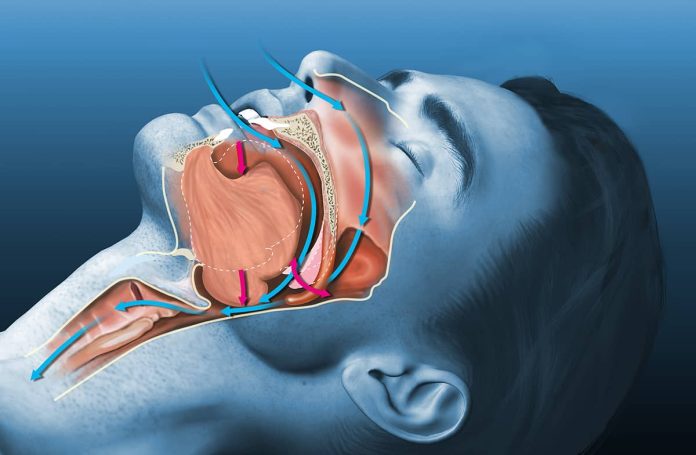Sleep apnea dentistry focuses on diagnosing and treating sleep-related breathing disorders, particularly obstructive sleep apnea (OSA). This comprehensive guide explores the various treatment solutions offered by sleep apnea dentist, their benefits, and how they can improve your quality of sleep and overall health.
What is Sleep Apnea?
Sleep apnea is a potentially serious sleep disorder characterized by pauses in breathing or shallow breaths during sleep. These pauses can last from a few seconds to minutes and may occur multiple times per hour, disrupting your sleep cycle and reducing the amount of oxygen delivered to vital organs. The two main types of sleep apnea are:
- Obstructive Sleep Apnea (OSA): The more common form where the airway collapses or becomes blocked during sleep due to relaxed throat muscles.
- Central Sleep Apnea (CSA): Less common, involving the brain’s failure to send signals to the muscles that control breathing.
Role of a Sleep Apnea Dentist
A sleep apnea dentist specializes in diagnosing and treating OSA, often through non-invasive methods that focus on repositioning the jaw and improving airway stability during sleep. They work closely with sleep medicine specialists to provide comprehensive care tailored to each patient’s needs.
Diagnosis Process
When you visit a sleep apnea dentist, they will conduct a thorough evaluation that may include:
- Clinical Assessment: Reviewing your medical history and symptoms related to sleep apnea.
- Physical Examination: Checking your throat, mouth, and neck for anatomical factors contributing to airway obstruction.
- Sleep Study: Recommending a polysomnogram (PSG) or home sleep apnea test (HSAT) to monitor your breathing patterns, heart rate, and oxygen levels during sleep.
Treatment Solutions Offered by Sleep Apnea Dentists
Sleep apnea dentists provide several effective treatment options, including:
- Oral Appliance Therapy (OAT): Custom-fitted oral appliances, such as mandibular advancement devices (MADs) or tongue-retaining devices (TRDs), are designed to reposition the lower jaw or hold the tongue in place to keep the airway open during sleep.
- Continuous Positive Airway Pressure (CPAP) Therapy Collaboration: While primarily managed by sleep medicine specialists, dentists may assist in CPAP titration and provide alternatives or adjuncts to CPAP therapy for patients who struggle with compliance.
- Lifestyle Modifications: Providing guidance on lifestyle changes that can improve sleep apnea symptoms, such as weight management, avoiding alcohol and sedatives before bed, and improving sleep hygiene.
Benefits of Sleep Apnea Dentistry
- Non-Invasive Treatment: Oral appliances offer a non-invasive alternative to CPAP machines, providing greater comfort and ease of use for many patients.
- Customized Care: Treatment plans are personalized based on the severity of your sleep apnea, medical history, and specific anatomical considerations.
- Improved Sleep Quality: By effectively managing sleep apnea, patients often experience better sleep quality, reduced daytime sleepiness, and improved overall health outcomes.
Choosing a Sleep Apnea Dentist
When selecting a sleep apnea dentist, consider the following factors:
- Credentials and Experience: Ensure they have specialized training in sleep apnea treatment and are experienced in providing effective care.
- Patient-Centered Approach: Look for a dentist who listens to your concerns, explains treatment options clearly, and involves you in decision-making regarding your care plan.
- Collaboration with Specialists: Verify their ability to collaborate with sleep medicine specialists and other healthcare providers to ensure comprehensive treatment.
Conclusion
Sleep apnea dentistry offers valuable treatment solutions for individuals struggling with sleep apnea, enhancing both sleep quality and overall well-being. By understanding the role of a sleep apnea dentist and exploring the treatment options they provide, you can take proactive steps towards managing your sleep disorder effectively. Consult with a trusted sleep apnea dentist to discuss your symptoms, undergo a thorough evaluation, and develop a personalized treatment plan that meets your unique needs. Start your journey towards better sleep health today with the help of a qualified sleep apnea dentist.
